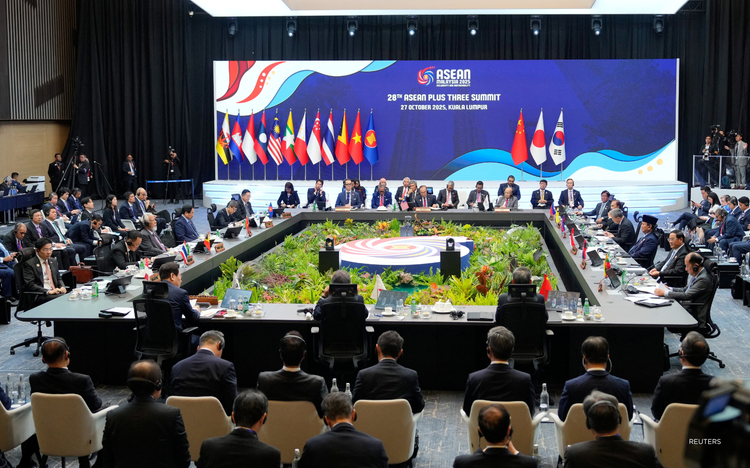Rice importation suspension extended until yearend
Metro Manila, Philippines - The importation suspension on rice has been extended until the end of the year, Agriculture Secretary Francisco Tiu Laurel Jr. said on Monday, Oct. 6.
The current import ban is from Sept. 1 to Nov. 2.
The import suspension was stretched until the end-2025 in a bid to stabilize rice costs.
“Tamang-tama ho na pinutol ng ating presidente ‘yung importation na initially ang in-announce lang natin 60 days,” Tiu Laurel said in a House agriculture committee hearing.
[Translation: It is just right that the president stopped the importation which, based on the initial announcement, was just 60 days.]
Tiu Laurel said economic managers are reviewing his recommendation to increase the tariff on imported rice.
House Speaker Bojie Dy also lobbied for the tariff hike from 15 percent to 35 percent.
Tiu Laurel said the country’s needed rice importation is at 3.6 million metric tons for a year.
As of September, the Philippines has imported 3.5 million metric tons of rice, 800,000 metric tons higher than the 2.7 million metric tons projected for the first three quarters.
Farmers woes
Danilo Bolos, a farmer in Nueva Ecija, said they are discouraged from farming due to debts and low farmgate prices of palay.
“Ito na po ‘yung buhay namin. ‘Pag tumigil kami, paano po? Wala naman kaming pupuntahang iba kundi itong magbungkal lang ng lupa. Wala po talaga kaming alam kundi itong pagtatanim ng palay o paggawa ng ating mga pagkain,” Bolos aid.
[Translation: Farming is our life already. If we stop, where would we go? We only know how to till and plant palay or to make food.]
He noted Republic Act 11203 or the rice tariffication law burdened them.
Bolos also shared how young farmers quit their livelihood due to challenges.
“Andu’n pa rin ang paghihirap kaya umaalis din po ‘yung bata na amin po sanang katuwang sa pagsasaka,” he said.
[Translation: The hurdles are there that is why the young ones, who could help us in farming, also quit.]
Dy said one million farmers will receive P7,000 in cash subsidy under the 2026 national budget. But Bolos said it is not enough to keep them out of poverty.
Bolos said the farmgate price of palay costs P8 to P10 per kilo, putting them on the losing end as they shell out P14 to P15 per kilo for palay production.
To boost local farming, Dy said the Rice Industry and Consumer Empowerment Act is among the priority legislations in the Legislative-Executive Development Advisory Council.





